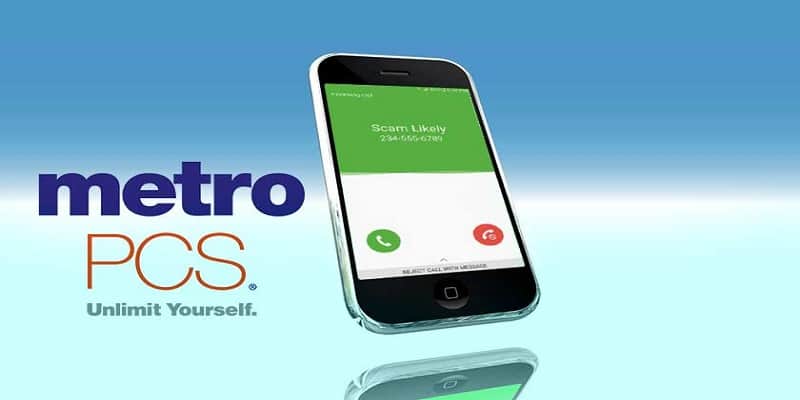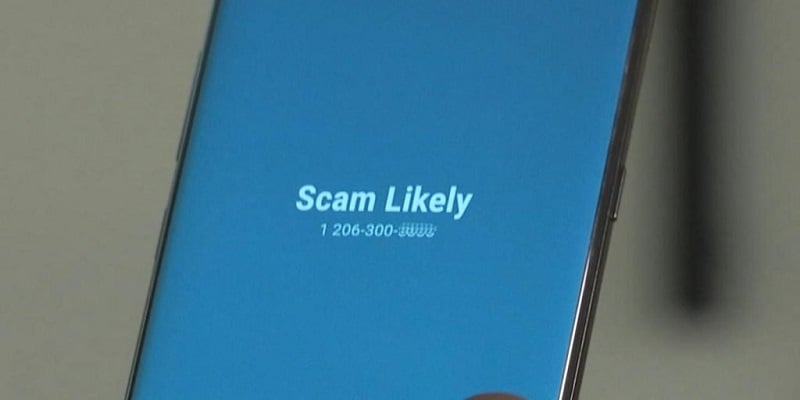Calling a mobile phone without the individual’s consent is most likely a scam. To summarize, if a company’s call to you is uncalled for, it is possible you are being scammed.
Do you see incoming calls from unwanted phone numbers? Check your mobile phone and the phone number, Scam Likely might be the culprit here.
The battle against robocalls in getting more intense as the days roll by. And definitely, carrier networks in America are now part of the war, by organizing more vibrant and active rallies.
Many times, unknown numbers continue showing up on your phone caller ID that makes you wonder how that is happening, but not to worry, it will be over as soon as you are done with this article.

What Is Scam Likely All About?
If you are making use of T-Mobile or MetroPCS, and you see an incoming call from someone that triggers your caller ID to let you know it is Scam likely, then you are being warned that a scammer is presently on the line trying to deceive you. If the number that is causing your phone to ring is completely strange to you, then Scam Likely might be responsible. T-Mobile and MetroPCS are both owned by T-Mobile, and the company provides the “Scam ID” feature that is activated by default.
Who Exactly Is Scam Likely?
If this is your question, then there is just a single answer for you. They are calls that are uncalled for and are done willingly.
If you see any unknown caller ID that is ringing on your mobile device while you use T-Mobile and MetroPCS, then you have your warning by these two carrier networks.
By next year, estimations have proven that 50 percent of the entire calls you’ll receive on your phone will be robocalls.
October 2018 was a period to remember, as over 5 billion robocalls were made.
The good news is that FCC is asking telecommunications companies to ensure their plans corresponds with new standards so that that scam calls can be recognized and terminated.
How Does It Work?
Whenever someone reaches you on the phone, your phone carrier checks the phone number against a database of natural scam phone numbers.
When the check is finished, and it corresponds with a reported scammer, the caller’s phone number automatically receives a Scam Likely tag so the receiver can beware while answering the phone call.
This feature was thought about to safeguard you against robocalls, tech support scams, IRS impersonation scams, and any other types of phone calls that only plan to dupe or scam you.
The Scam Likely tag is attached on your carrier’s end before you even get to receive the phone call.
The tag shows up o caller ID, so it works with iPhone, Android phones, and everything else. The setup is also not in need of any different software on your mobile phone.
How Scam Likely Can Be Blocked
The US carrier is about to unleash network-level technology to recognize and terminate scam calls, and this comes at no extra charge for you and me.
If you currently make use of the two carrier network, and you have picked up any call that was uncalled for, then lets open your eyes to the T-Mobile Scam ID program.
It notifies customers about questionable calls they are better off not receiving. Thankfully, T-Mobile has revealed that costs us nothing, plus it will instantly block scam caller.
If you do not fancy seeing the calls at all, there is the Scam Block option you can make use of. And this can be enabled via the dialer codes below:
Enable Scam ID: #ONI# (#664#)
Enable Scam Block: #ONB# (#662#)
Disable Scam Block: #OFB# (#632#)
Check Scam Block status: #STS# (#787#)
After dialing the codes you see above, it will instantly reject phone calls that have been recognized as scams so your phone will not even ring for them. The anti-scammer feature is available to be enjoyed by all postpaid telephone lines.
All incoming Scam Likely calls will not be allowed passage to reach your phone.
Why Are The Scammers Trying To Reach You?

Like spam blockers that work with emails, do not expect this anti-scam feature to function all the time excellently. A completely fine phonecall can get mistaken for a scam call and hence, receive the “Scam Likely” tag.
This is why your carrier will not engage in blocking these phone calls without you handling it.
- Must Read: 10 Best Mailinator Alternatives
Why are they calling you? The scammers are trying current technologies, fresh ways to scam people. This is the reason why T-mobile and other US network carriers are enhancing their tech to match them.
Also note that, If you want to aim to ward off scamming calls, revealing your personal and financial information to an unknown or unpredicted caller is unnecessary.
T-Mobile Name ID
Customers can make use of Scam ID feature to screen unknown phone calls, or to block them. But there is also the Name ID feature brought to you by T-Mobile.
The new application, Name ID, lets users select the kind of call they wish to block. You can choose any requests, and your choice will stand for you. But it will cost you $4.
Castle said, “With this new app, customers have better control over what they would like to see, and what they don’t want to see.”
FCC Is Fighting On Your Behalf
Do not bother your head too much about this because the Federal Communications Commission has been on the neck of companies to meet up with new standards recognized by the acronym: SHAKEN/STIR. (SHAKEN = Signature-based Handling of Asserted information using toKENs. STIR = Secure Telephone Identity Revisited.)
This will let carriers verify phonecalls with a digital fingerprint, to be sure that the person calling and the person receiving are precisely who they claim to be and not scammers using the “imitate a phone no.” trick once again.
There you have it – a comprehensive tutorial on how to block call scam. If you have any questions, feel free to drop them in the comment section below.



